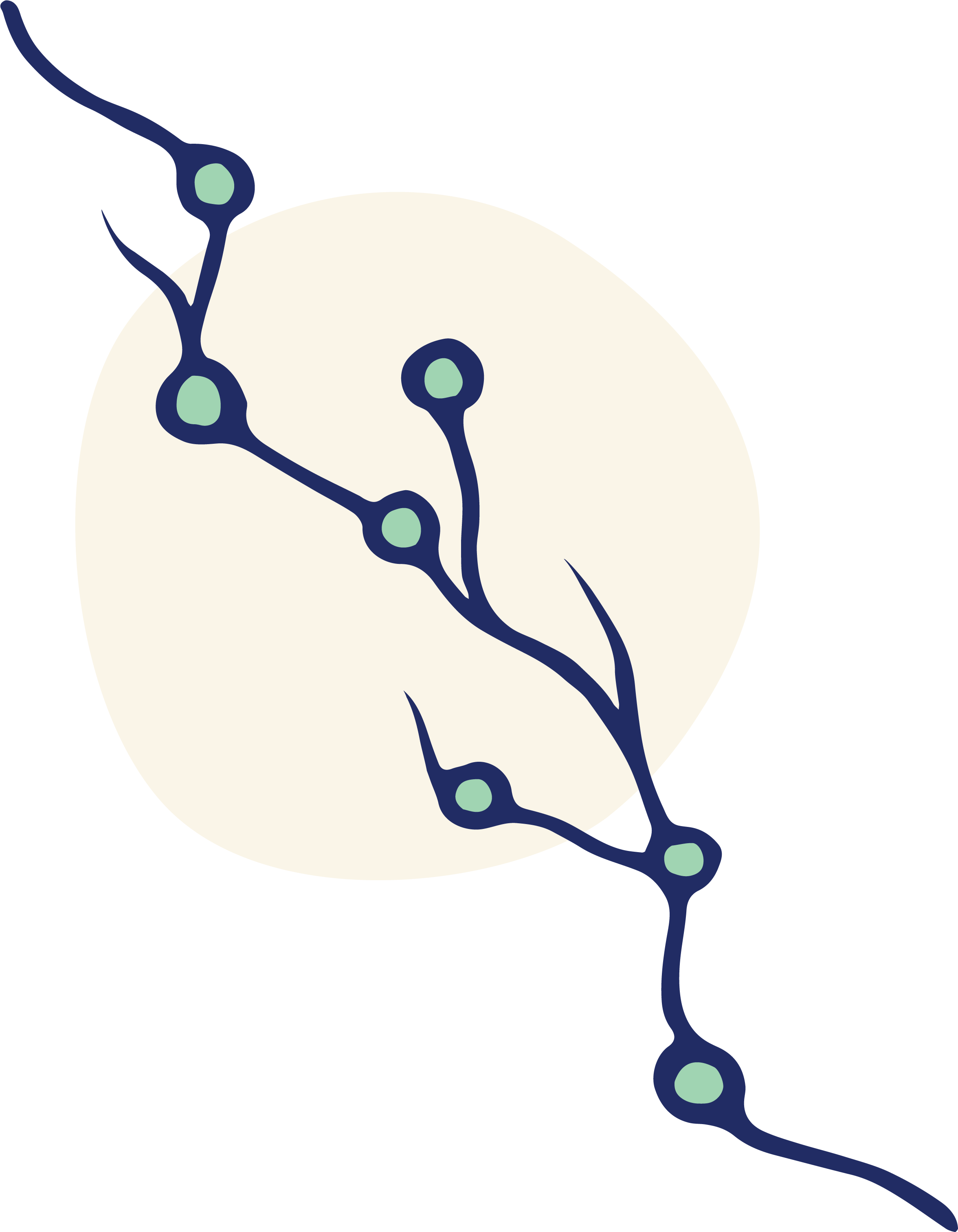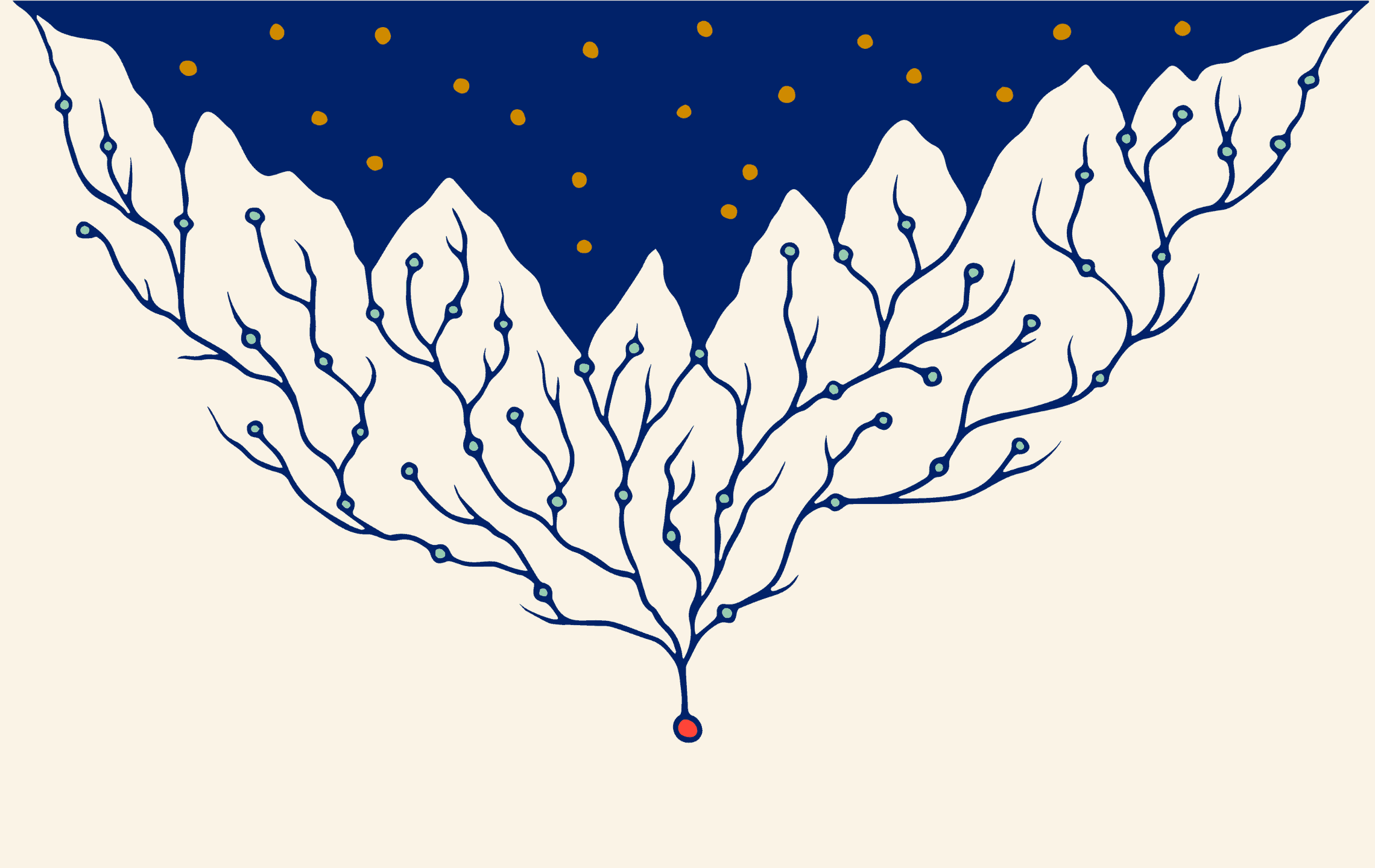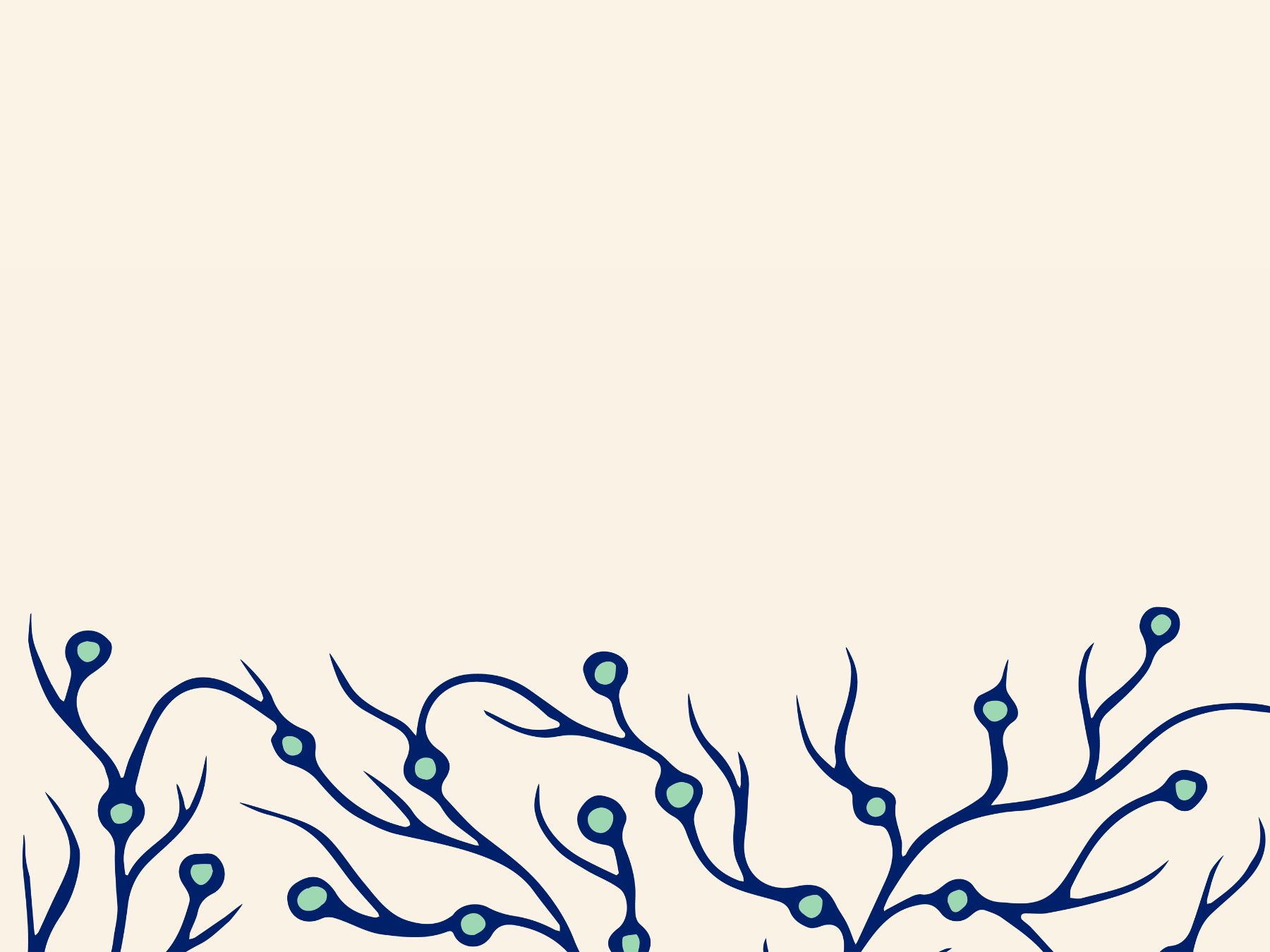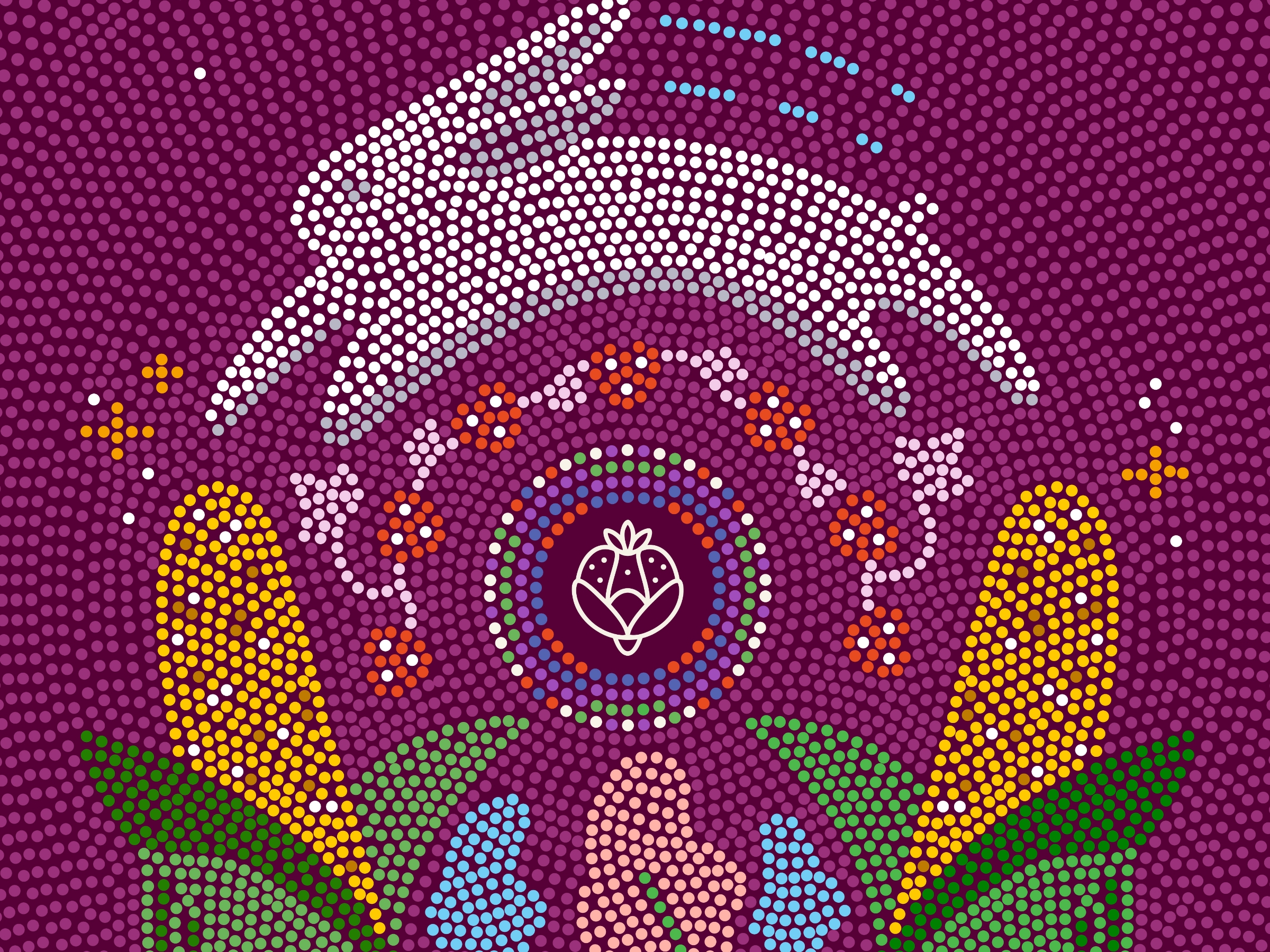Territorial Acknowledgement
Much of the work we do at Briteweb in empowering and supporting purpose-led organizations occurs on the traditional lands of many nations including the xʷməθkʷəy̓əm (Musqueam), Sḵwx̱wú7mesh (Squamish), səĺilwətaɁɬ (Tsleil-Waututh), Mississaugas of the Credit, the Anishinaabeg, the Haudenosaunee and the Wendat people which are now home to many diverse First Nations, Inuit and Métis peoples. As a fully remote team, land acknowledgments allow us to engage in ongoing reconciliation by reflecting on individual physical spaces as part of a predominantly virtual shared experience.
We acknowledge reconciliation is work and we are ready to do our part. We also know these efforts are part of ongoing conversations and therefore as we learn, so does our internal review of our approach. We encourage our team, clients, and partners to take time to learn about the lands they are currently on as part of an active effort to centre reconciliation.



